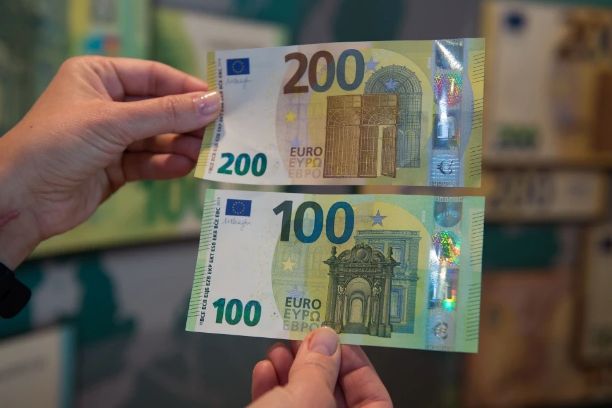EUR/USD remains subdued near 1.1650, awaits Ukraine-Russia developments, EU economic data

EUR/USD struggles despite positive signals toward a possible resolution of the Ukraine-Russia war.
President Trump has begun preparatory steps for a trilateral meeting with Russian President Putin and Ukrainian President Zelenskyy.
The Euro could strengthen if the Ukraine-Russia war is resolved swiftly, given the EU's heavy reliance on energy imports.
EUR/USD remains subdued for the second successive session, trading around 1.1660 during the Asian hours on Tuesday. The pair struggles as the US Dollar receives support from positive signals toward a possible resolution of the Ukraine-Russia war, following the Trump-Zelenskyy summit on Tuesday.
The summit was also attended by key European leaders, including French President Emmanuel Macron, German Chancellor Friedrich Merz, European Commission President Ursula von der Leyen, and UK Prime Minister Keir Starmer.
US President Donald Trump announced has begun the preparation steps for a trilateral meeting with Russian President Vladimir Putin, Ukrainian President Volodymyr Zelenskyy. Trump added that Putin had agreed Russia would consider security guarantees and that discussions on possible territorial exchanges were needed.
The downside of the EUR/USD pair could be restrained as the US Dollar may face challenges as stronger-than-expected US producer inflation and retail sales data keep intact the dovish tone surrounding the US Federal Reserve’s (Fed) policy outlook. CME’s FedWatch tool suggests that markets are pricing in 84% odds of a 25 basis point Fed rate cut in September. Traders will likely observe the Jackson Hole Economic Policy Symposium later in the week. Fed Chair Jerome Powell’s speech will also be eyed for guidance on the Fed’s September policy outlook.
The Euro (EUR) may gain ground if there is a quick resolution to end the Ukraine-Russia war, as the European Union (EU) is a major importer of energy products. The EU’s economic docket will feature the release of EU inflation data for July, HCOB Flash PMIs for August, and Germany's Gross Domestic Product (GDP) figures later in the week.
* The content presented above, whether from a third party or not, is considered as general advice only. This article should not be construed as containing investment advice, investment recommendations, an offer of or solicitation for any transactions in financial instruments.


